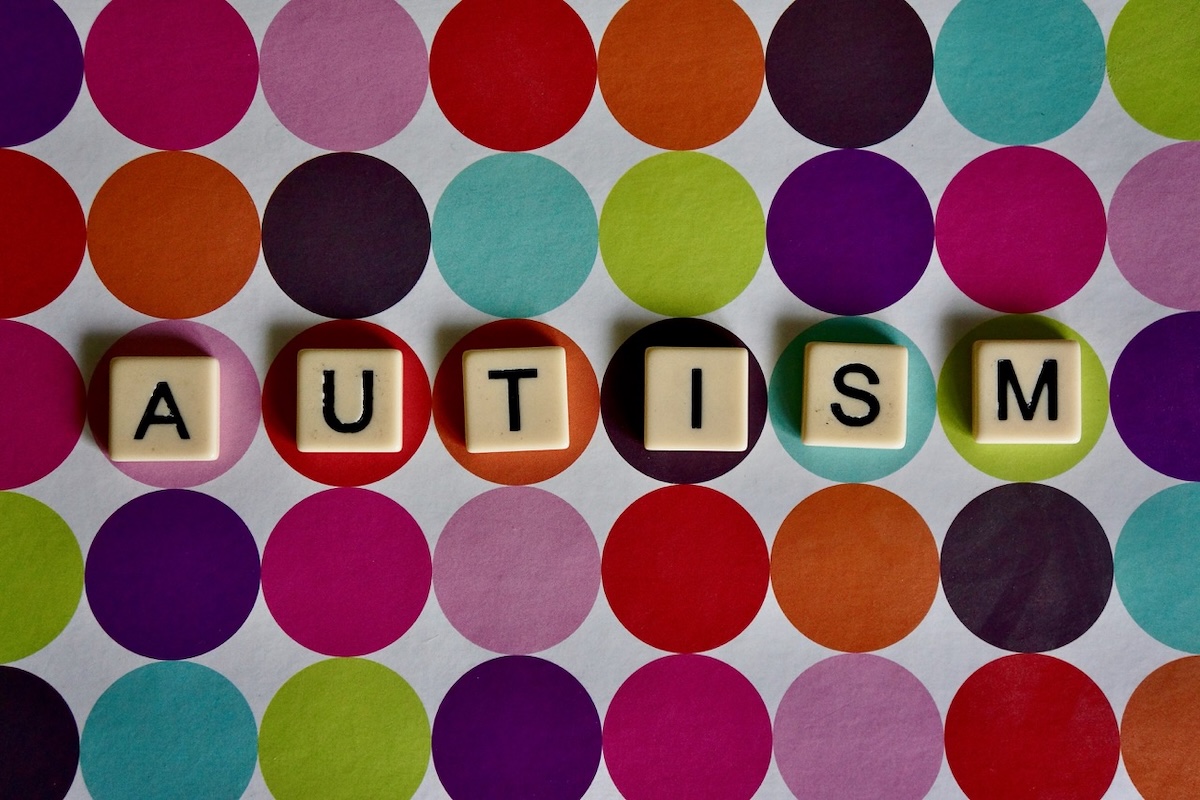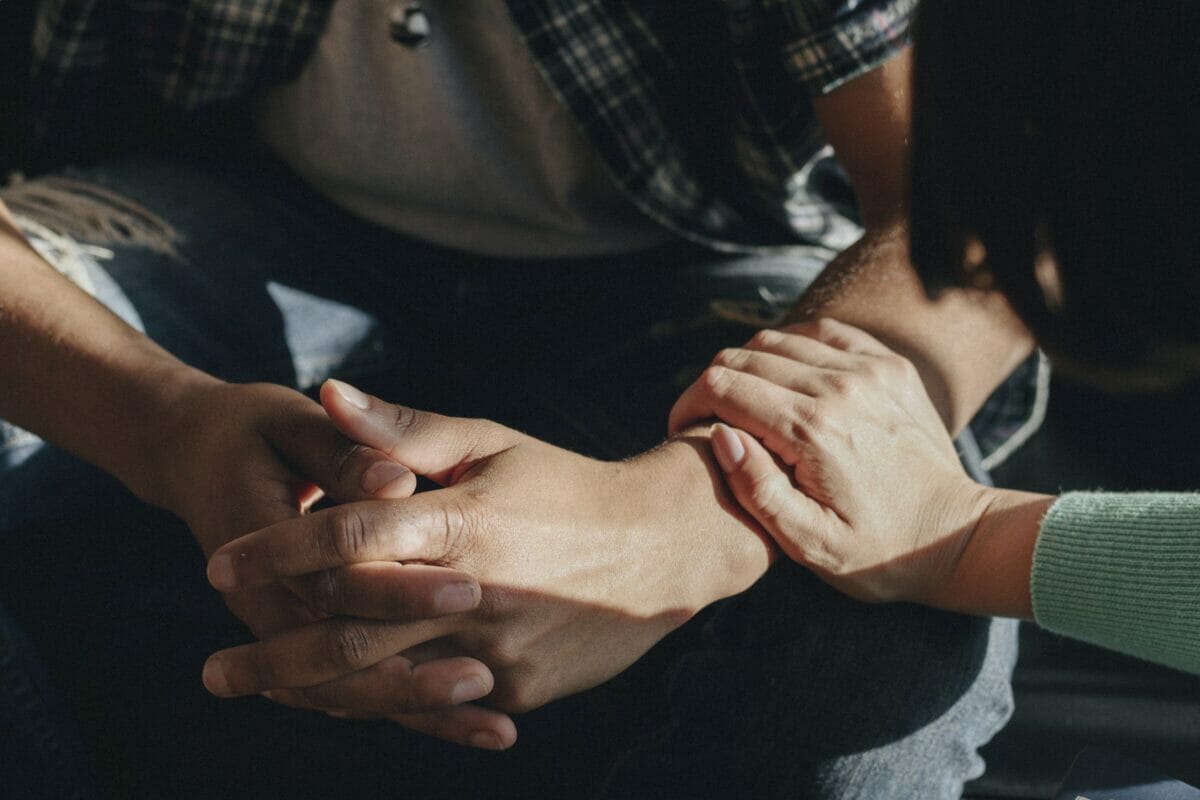Plovm Insights: World Autism Awareness Day
Diving Deep into Autism Awareness: Understanding Women's Experiences, Rising Support Needs, and Resources for Neurodivergent Individuals
Hello Plovm Community,
Today marks World Autism Awareness Day, a time to increase understanding and acceptance of people on the autism spectrum. In this special edition, we highlight the changing landscape of autism diagnosis, particularly for women, and the growing demand for neurodiversity support.
Why World Autism Awareness Day Matters
Autism affects how people perceive the world, process information, and interact with others. With 1 in 5 people having a neurodevelopmental condition, building awareness leads to better support, more accurate diagnoses, and increased understanding—especially for those who have been historically overlooked.

Many women with autism go undiagnosed for decades, often misinterpreting their struggles as personality quirks or being misdiagnosed with other mental health conditions.
Autism in women can present differently than in men. Rather than displaying overt social withdrawal, women often experience difficulties that are misinterpreted as shyness or introversion. Many develop advanced coping mechanisms—"masking"—by mimicking neurotypical social behaviors, scripting discussions, or forcing eye contact.
This ability to mask autistic traits can lead to women flying under the diagnostic radar for much of their lives, only receiving proper diagnosis in adulthood.

Ahead of World Autism Awareness Day, RedArc has revealed a huge rise in the demand for neurodiversity support: 2023 saw a 55% increase on the previous year, and 2024 saw nearly double the number of referrals compared to 2022.
The nurse-led support organization attributes this to several factors, including the lack of mainstream support, long waiting lists, and increased public awareness as high-profile individuals openly discuss their late diagnoses.
"Support for neurodiversity should be offered, but it needs to be provided by professionals experienced in supporting neurodiversity, who fully understand the range of conditions that fall under the collective term," says Christine Husbands, commercial director at RedArc.
Autism can present differently in women compared to the traditional diagnostic model based primarily on male presentations. Some common signs include:
- Social masking: Actively studying and mimicking social behaviors to blend in
Source: Hull et al. (2017), Autism Research - Sensory sensitivities: Being overwhelmed by certain textures, sounds, lights, or smells
Source: Tomchek & Dunn (2007), American Journal of Occupational Therapy - Special interests: Developing deep, focused knowledge in specific areas
Source: South & Rodgers (2017), Front Hum Neurosci. - Social exhaustion: Finding social interactions taxing, requiring recovery time afterward
Source: Raymaker et al. (2020), Autism in Adulthood - Executive function challenges: Difficulties with planning, organizing, and transitioning between tasks
Children's National Health System - Co-occurring conditions: Higher rates of anxiety, depression, and eating disorders
Source: Bargiela et al. (2016), Autism
Many women receive diagnoses for conditions like anxiety or depression first, with autism being discovered later in life when these treatments prove only partially effective.
Comprehensive Review Source: Lai et al. (2015), The Lancet PsychiatryHow Plovm Supports Neurodivergent Individuals
At Plovm, we're committed to providing practical tools and resources that address the real-world challenges faced by neurodivergent individuals:
- QuestVille: Our five specialized houses help users master daily adult life with tools for routine management, focus enhancement, confidence building, sensory engagement, and social interaction practice.
- Problem Solver: Get research-based answers tailored to your specific needs and challenges.
- Arena: Access our Co-op for shared problem-solving, SOS for professional help, and CrewMatch to find supportive connections.
- Network: Connect with others in our community through direct messaging and build your support network.
Our platform is designed with input from neurodivergent individuals to ensure it addresses genuine needs rather than stereotypes.
Visit PlovmBooks:
- UNMASKED: The Ultimate Guide to ADHD, Autism and Neurodivergence – by Ellie Middleton
- Women and Girls with Autism Spectrum Disorder – by Sarah Hendrick
- The Spectrum Girl's Survival Guide – by Siena Castellon
Organizations & Online Resources:
- National Autistic Society (UK)
- Autism Women & Nonbinary Network (AWN)
- AANE (Asperger/Autism Network)
- Spectrum Women Magazine
Podcasts & Online Resources:
- The Autistic Advocate Podcast – by Kieran Rose
- Neurodivergent Rebel Podcast
Urgent Help and Support:
- Emergency Services - UK: Call 999 (UK) for immediate risk or danger
- NHS Non-Emergency - UK: Call 111 for medical advice in England, Scotland, and Wales
- Mental Health Support - UK:
- Samaritans: 116 123 (24/7)
- Shout: Text 85258 (24/7 crisis support)
- Mind Helpline: 0300 123 3393
- Suicide Prevention - UK:
- CALM: 0800 58 58 58
- National Suicide Prevention Helpline UK: 0800 689 5652
- UK: National Autistic Society Helpline - 0808 800 4104
- US: Autism Society Helpline - 1-800-328-8476
- Australia: Autism Support Helpline - 1300 308 699
We hope this World Autism Awareness Day brings increased understanding and acceptance of neurodivergent experiences. Remember, neurodiversity encompasses a wide spectrum of traits and manifestations—what works for one person may not work for another.
Wishing you a thoughtful day of awareness,
The Plovm Team
